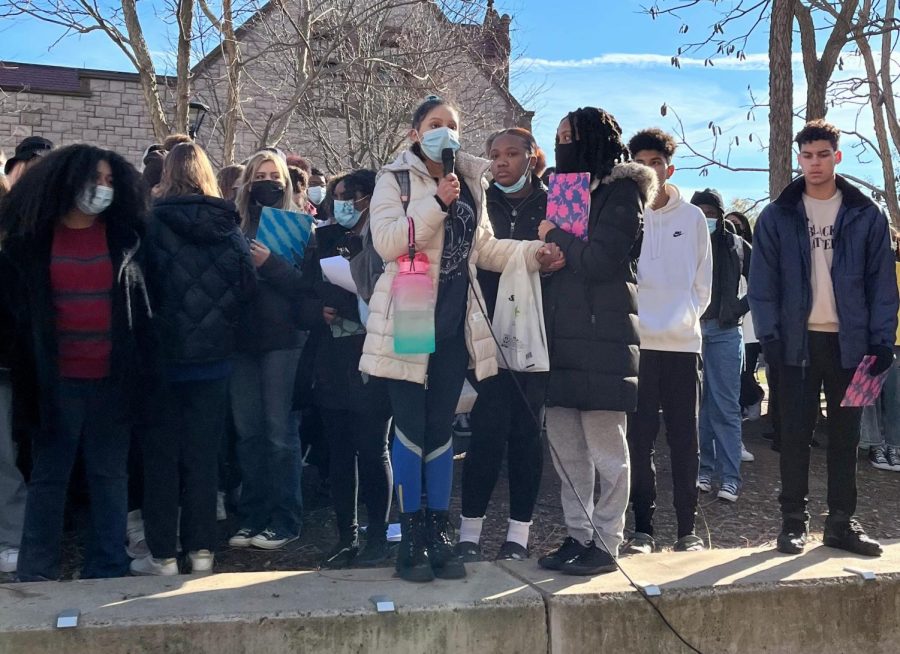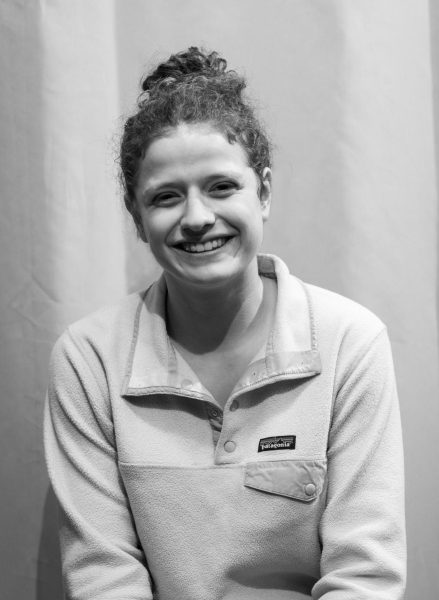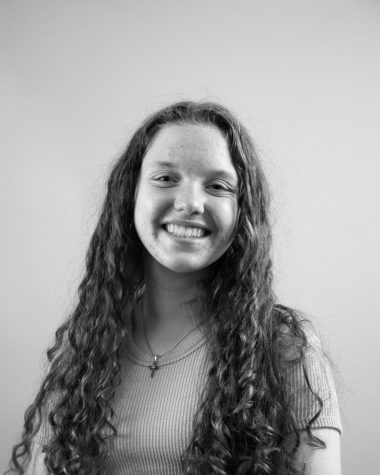2021 Sexual Assault Walkout: Where are we Now?
December 6, 2022
One year ago, on November 30th, 2021, over 500 students gathered outside CRLS to protest sexual violence at the school. At this walkout, organizers raised awareness and recounted personal experiences. Inspired, additional students shared their own stories. Alaan Clarke ’25, an attendee, reflected on the anecdotes’ powerful impact, telling the Register Forum, “As a freshman during the walkout, I felt like it was really empowering … even though I don’t see all these things happening, all of it is happening at once, and there is just so much that could be changed.” The walkout highlighted two central issues that needed to be addressed: a lack of policies stemming from administrative neglect and a problematic student culture. In the year since the walkout, substantial progress on both of these fronts has been made.
The student group Title IX Aurelia Advocates (TIAA) initiated considerable policy development. Motivated by the walkout, the TIAA researched the school’s sexual assault-related policies and found many instances of noncompliance with federal Title IX regulations. Through cooperation with the administration and school committee, the TIAA drafted solutions that put the school in complete compliance with Title IX. In addition, they successfully lobbied the school board to retract the school’s requirement for reporting to be within 20 days of the incident, as opposed to the 180-day federal guideline.
The TIAA also fixed the largely ineffective incident reporting system by selecting a new online reporting platform called Speakfully for the school to adopt. Unlike the previous reporting system, Speakfully provides an option to report anonymously and sends copies of the reports to the school administration, guaranteeing that necessary action is taken.
The walkout also brought attention to CRLS’s problematic student culture around sexual harassment. However, many CRLS students have felt little progress in this area. Ava Weinstein ’25 told the Register Forum, “I feel like I keep hearing things from people that I heard last year … about like rape jokes or stalking incidents and stuff like that.” TIAA leader Kaelyn Silva ’23 affirms this notion in part, but conveys that other progress has been made, “I wouldn’t say that our entire school climate has improved fully, but I think that we’re taking steps. With a lot more people involved in consent workshops … we’re getting a lot more people on board with understanding how important an issue this is.”
Silva touches on the steps towards long-term progress. While the walkout didn’t immediately cause cultural change, it helped start important conversations about addressing it in the long run. Consent workshops were run for athletes, the class “Train the Trainer” was created, and more advanced consent workshops for upperclassmen are being prepared. This is key to lasting culture change because it will be an opportunity for future students to attain the awareness and empowerment that past classes gained from the walkout. Silva describes how this is also crucial to maintaining proper policies, “[This drive towards improvement] needs to be continuous in order to hold admin accountable.” Keeping these conversations going is a way to both preserve the developments made and build further towards a future without sexual violence.
This article also appears in our November 2022 print edition.











